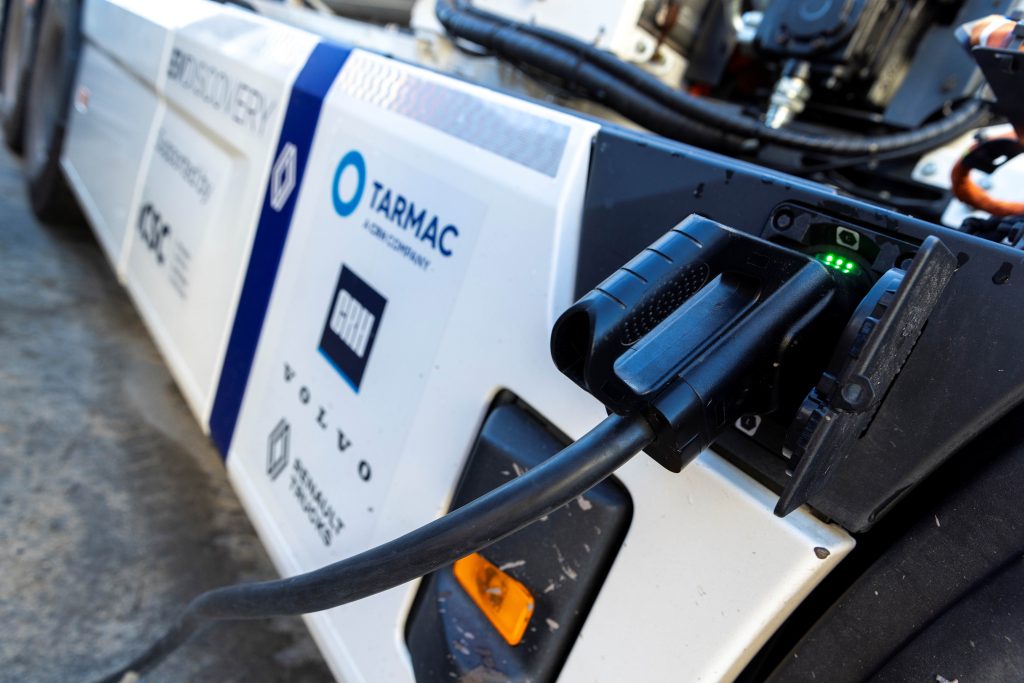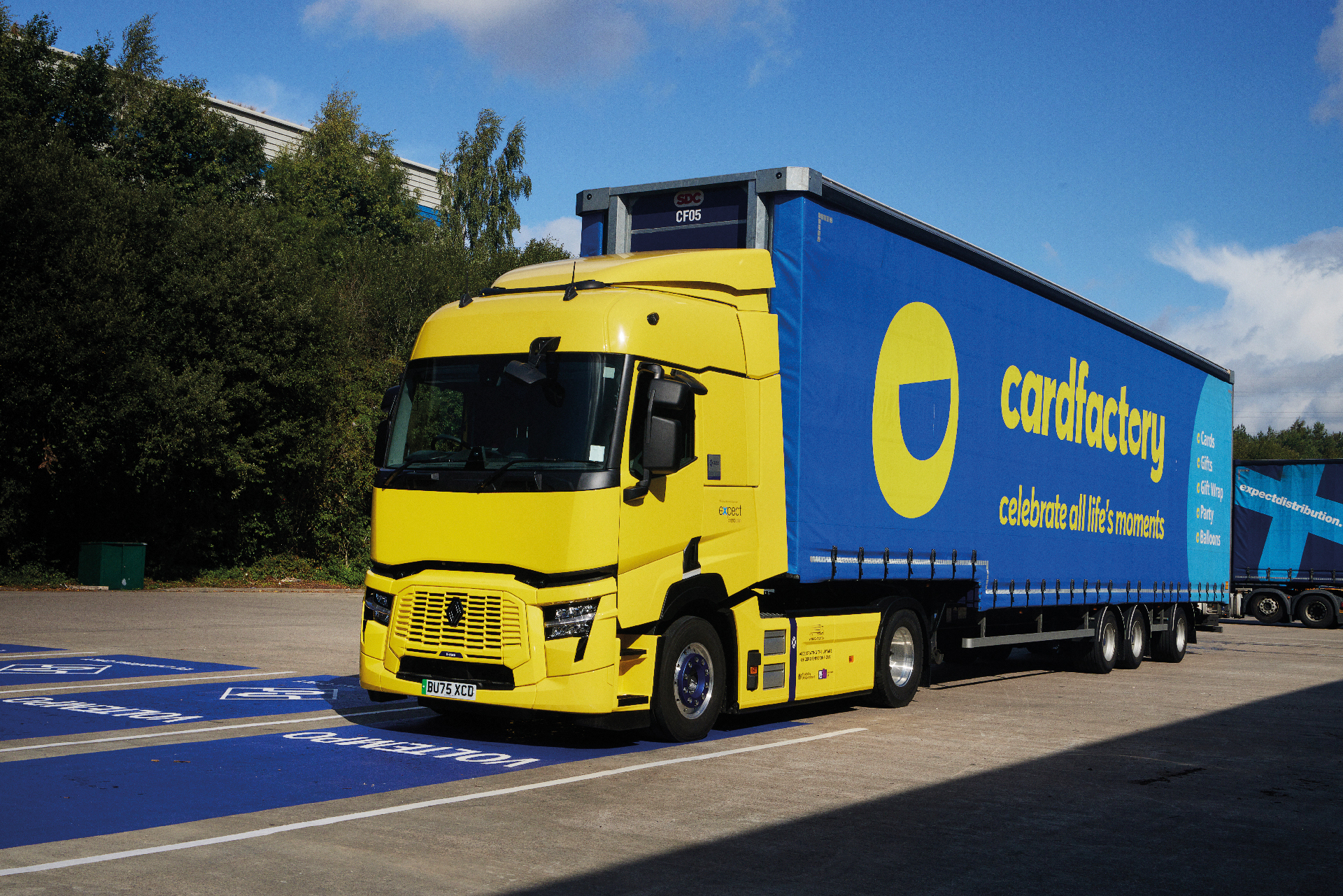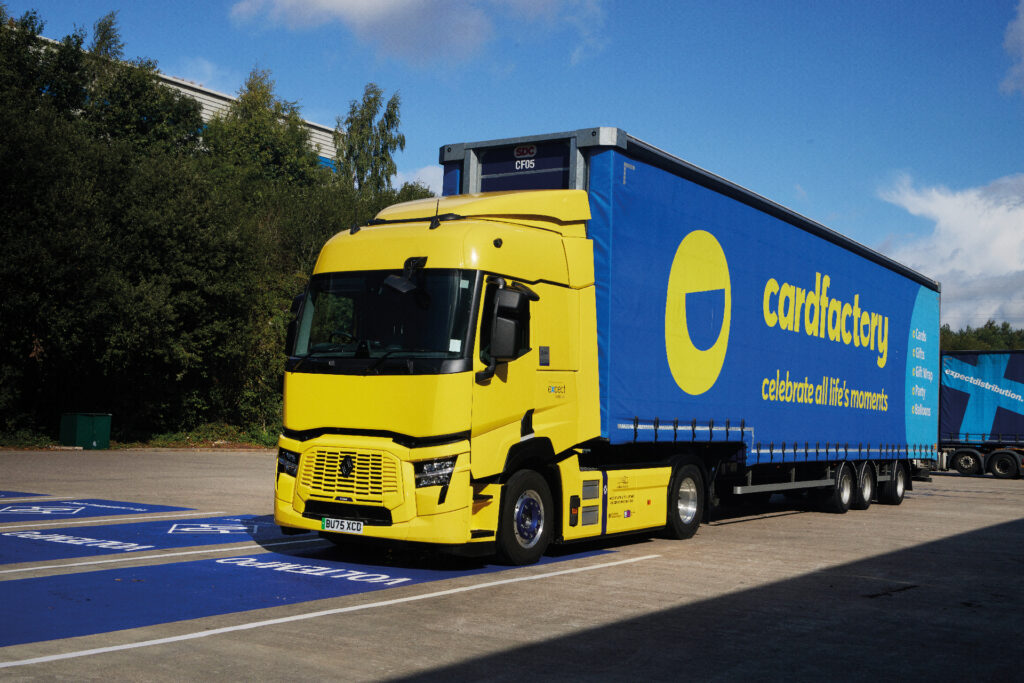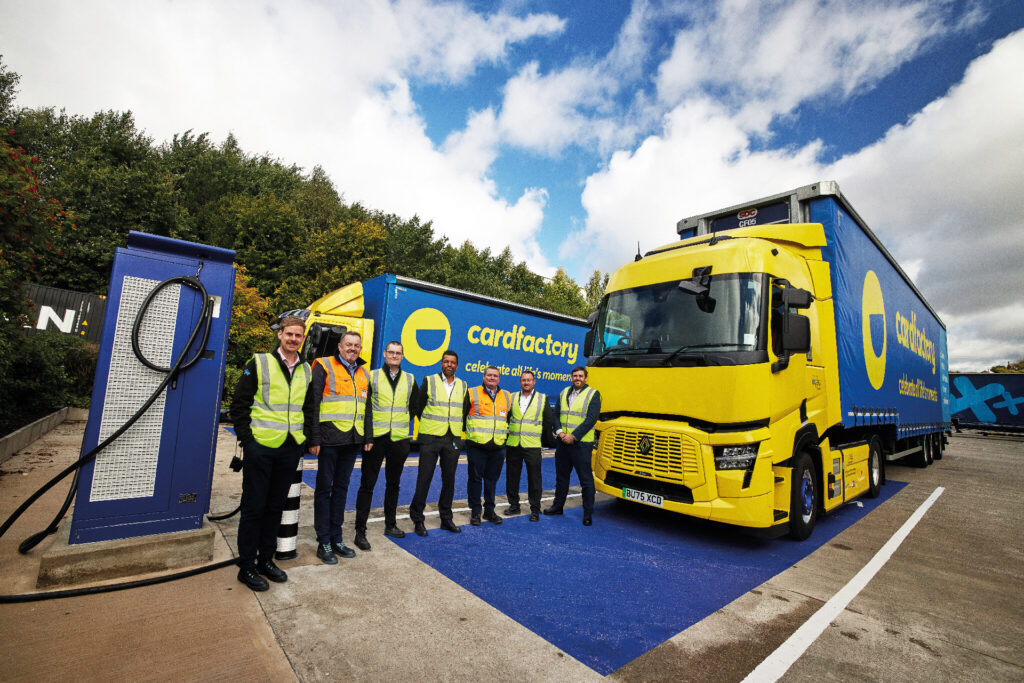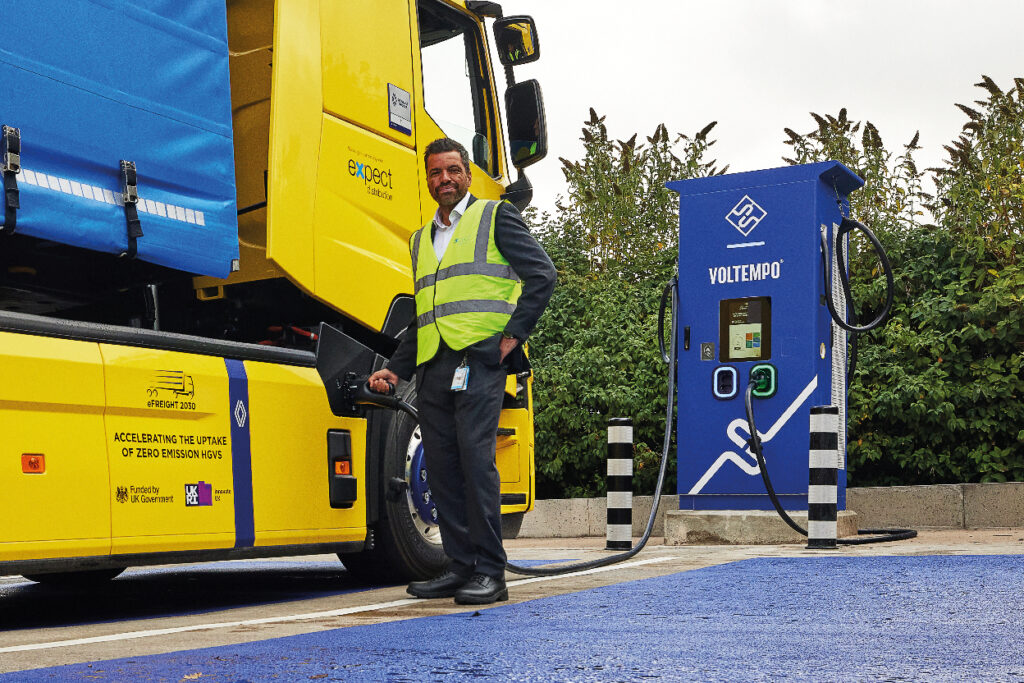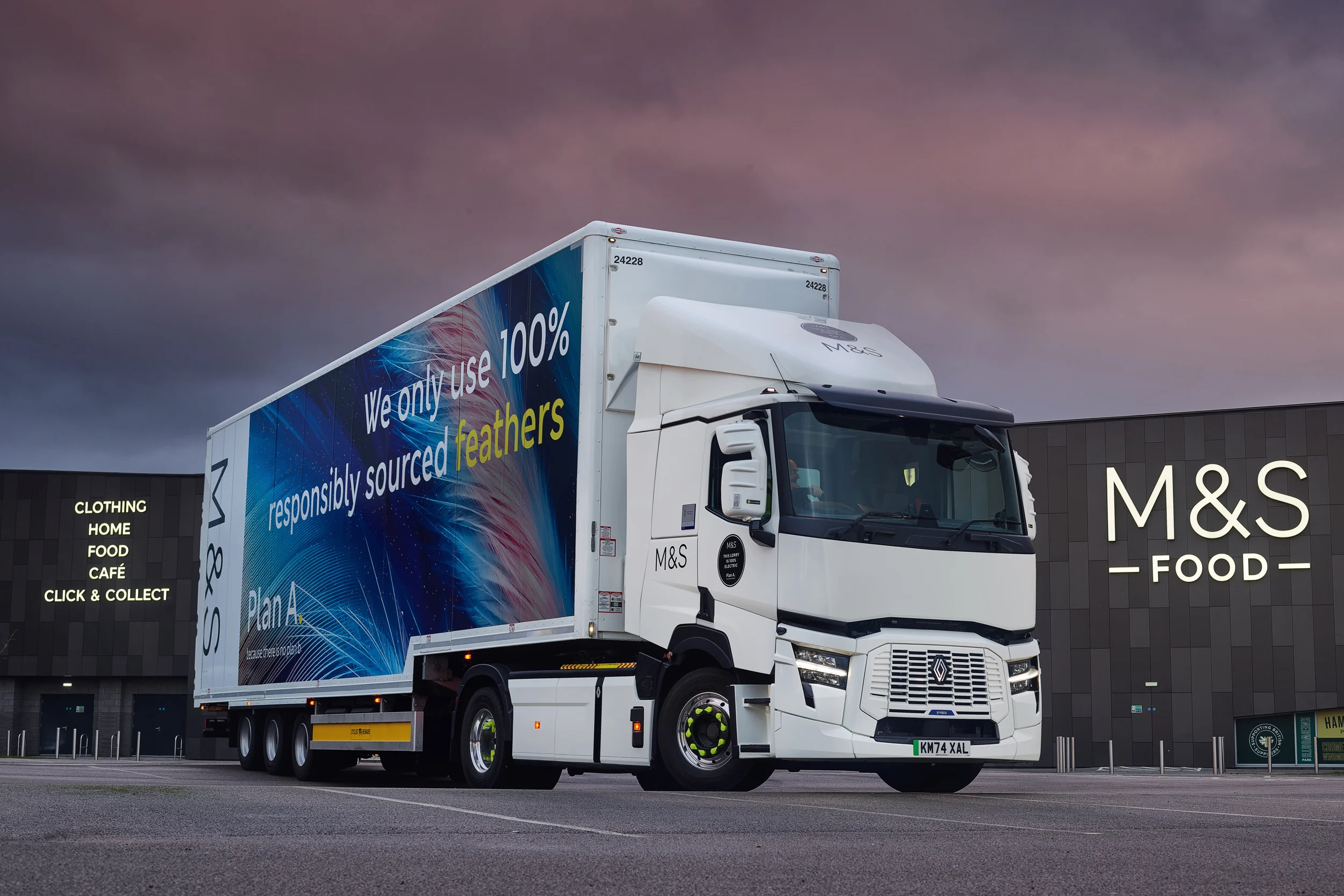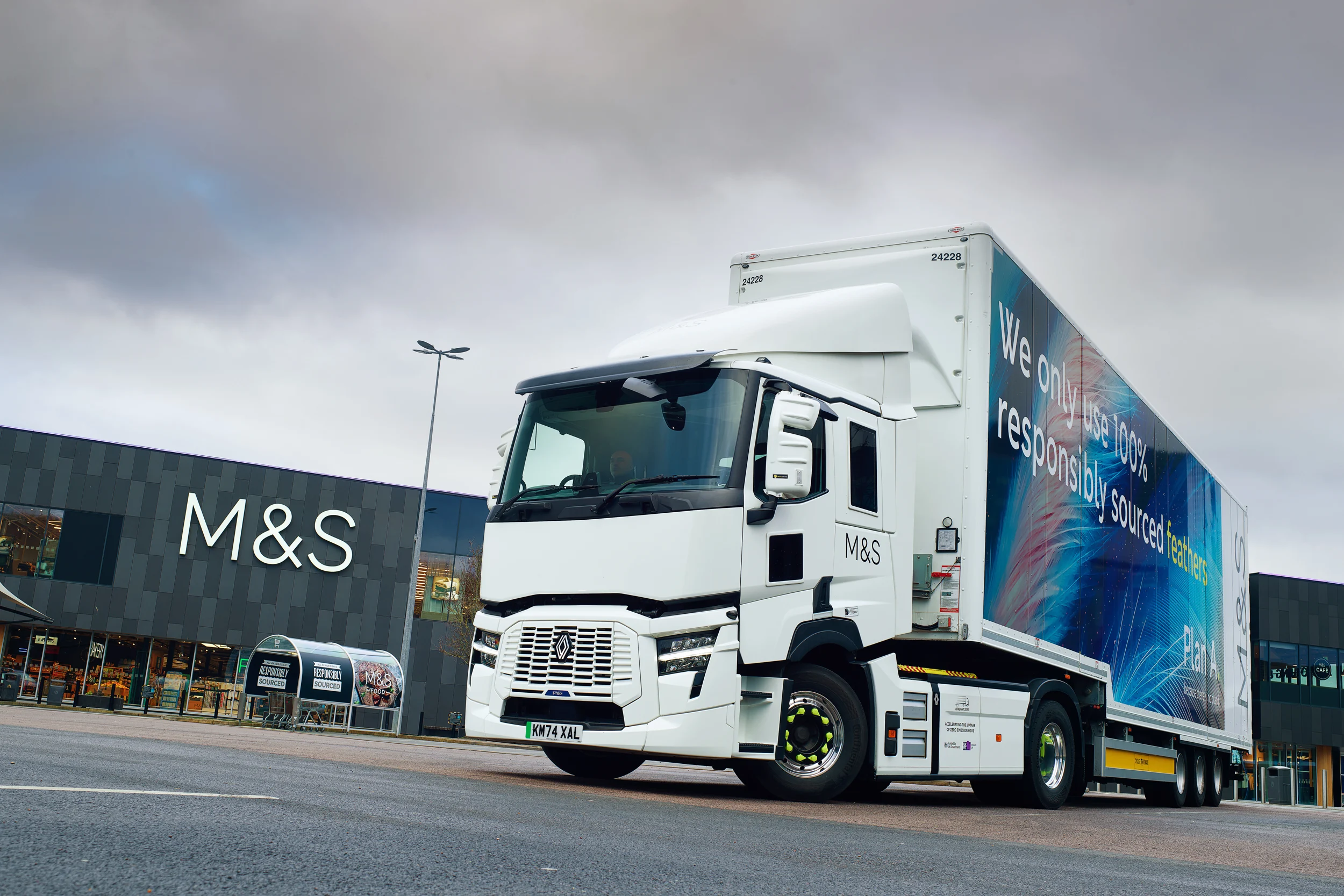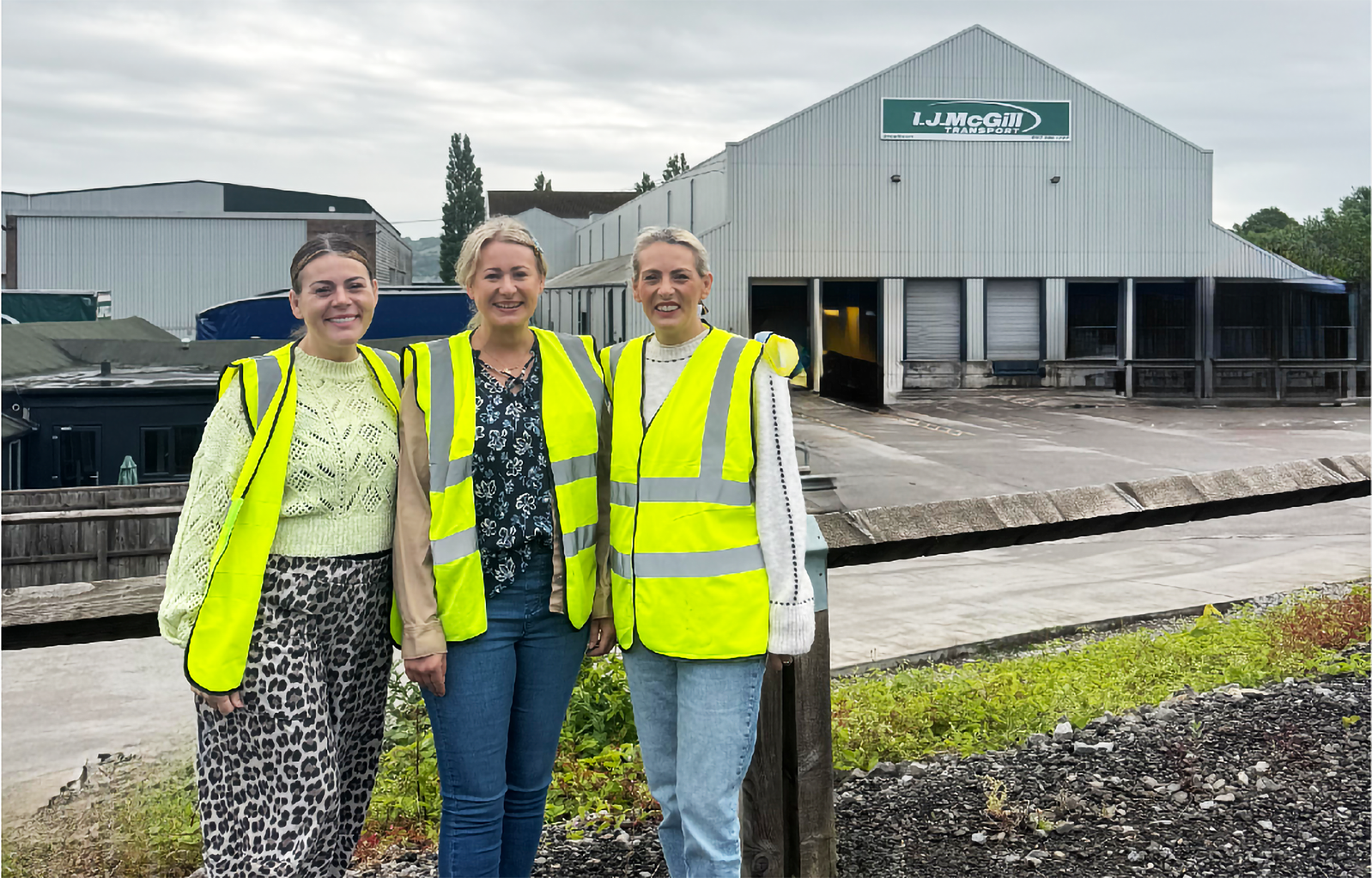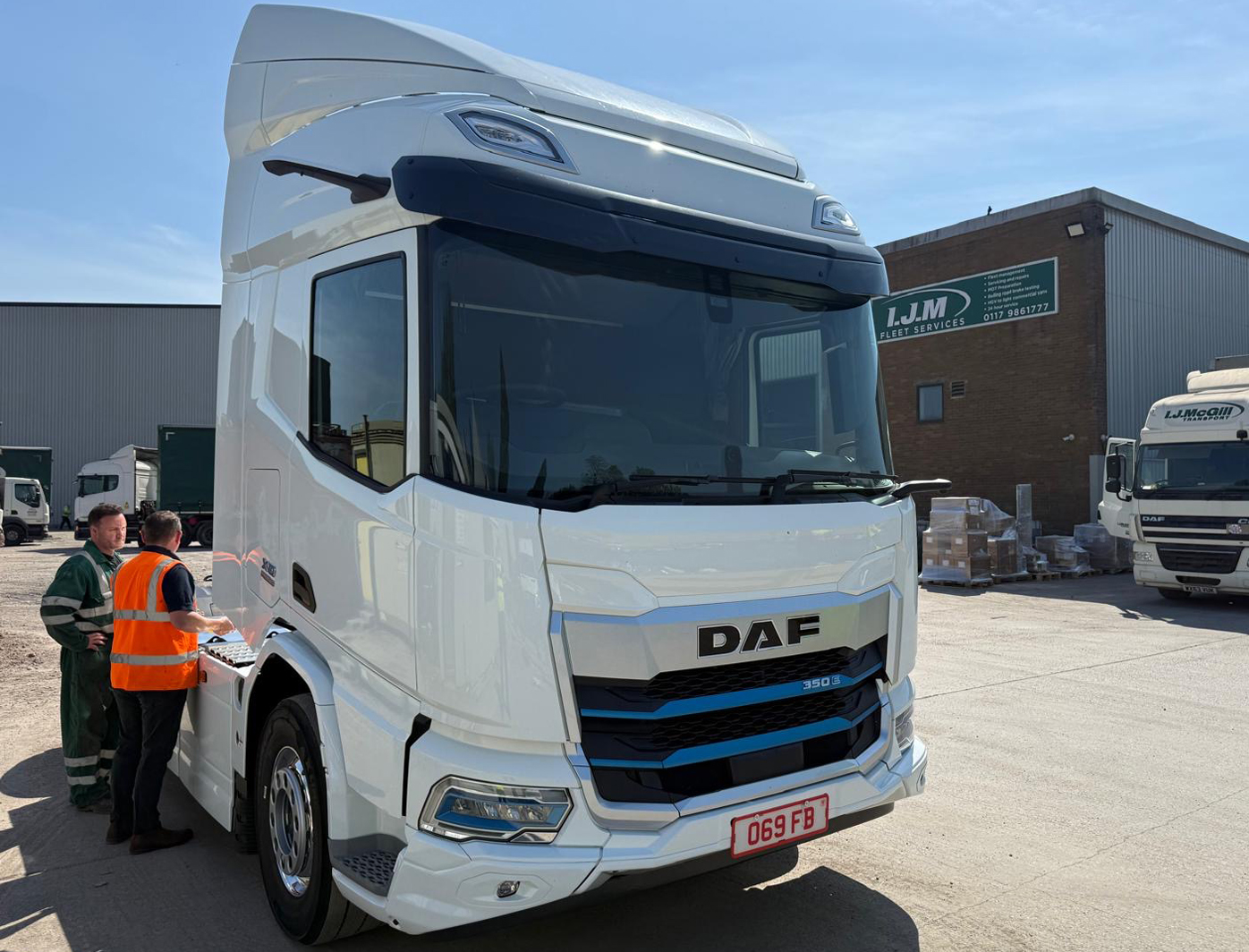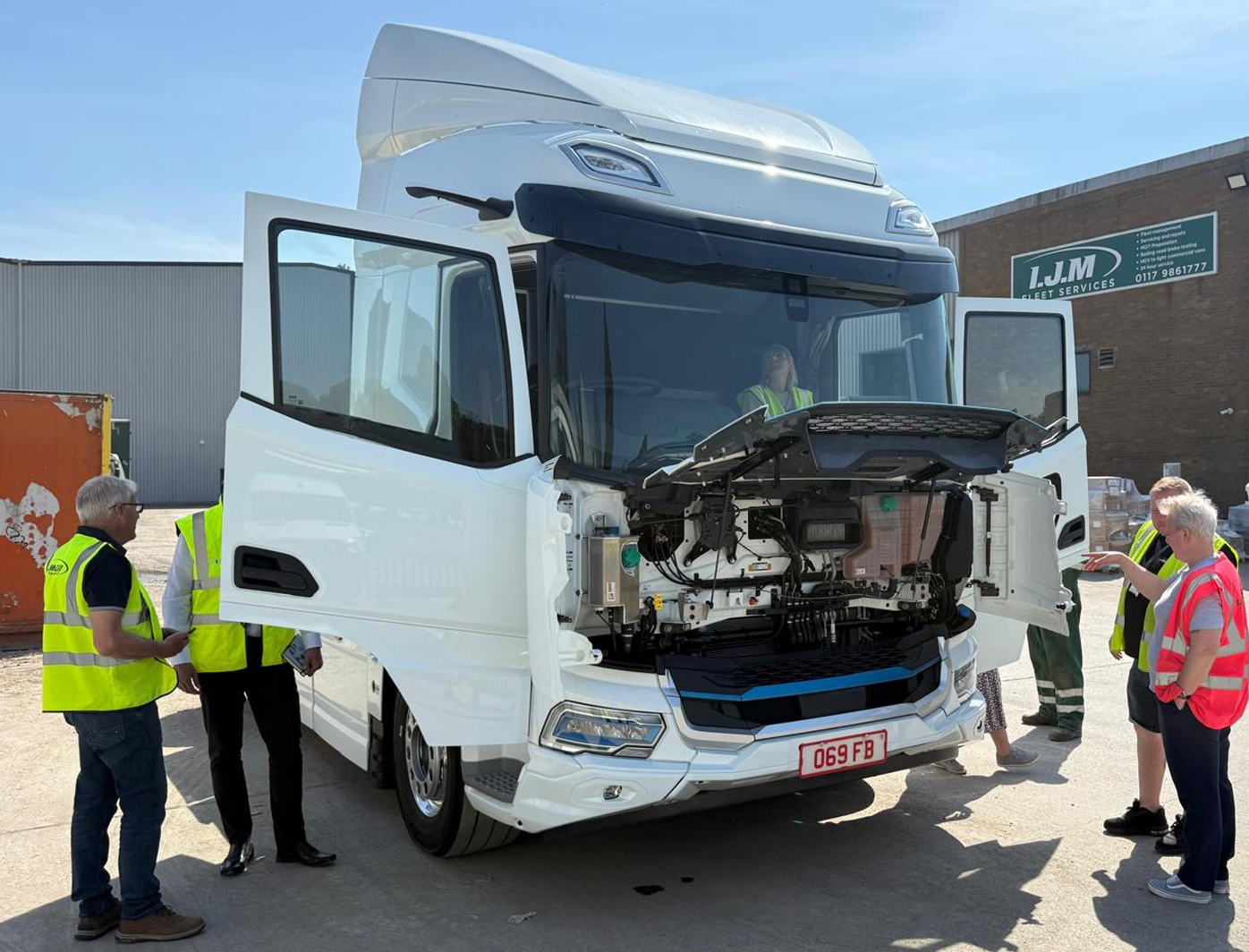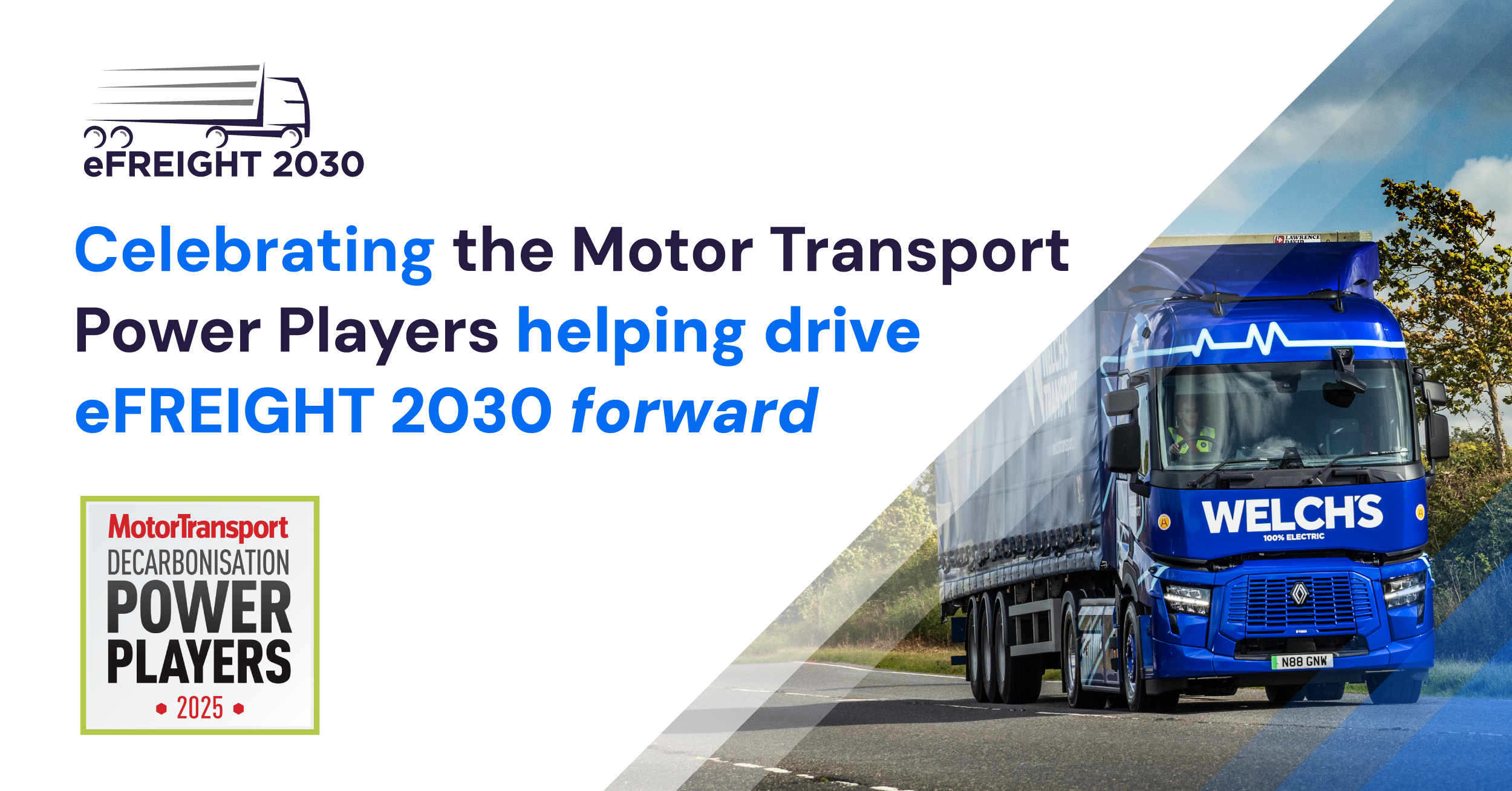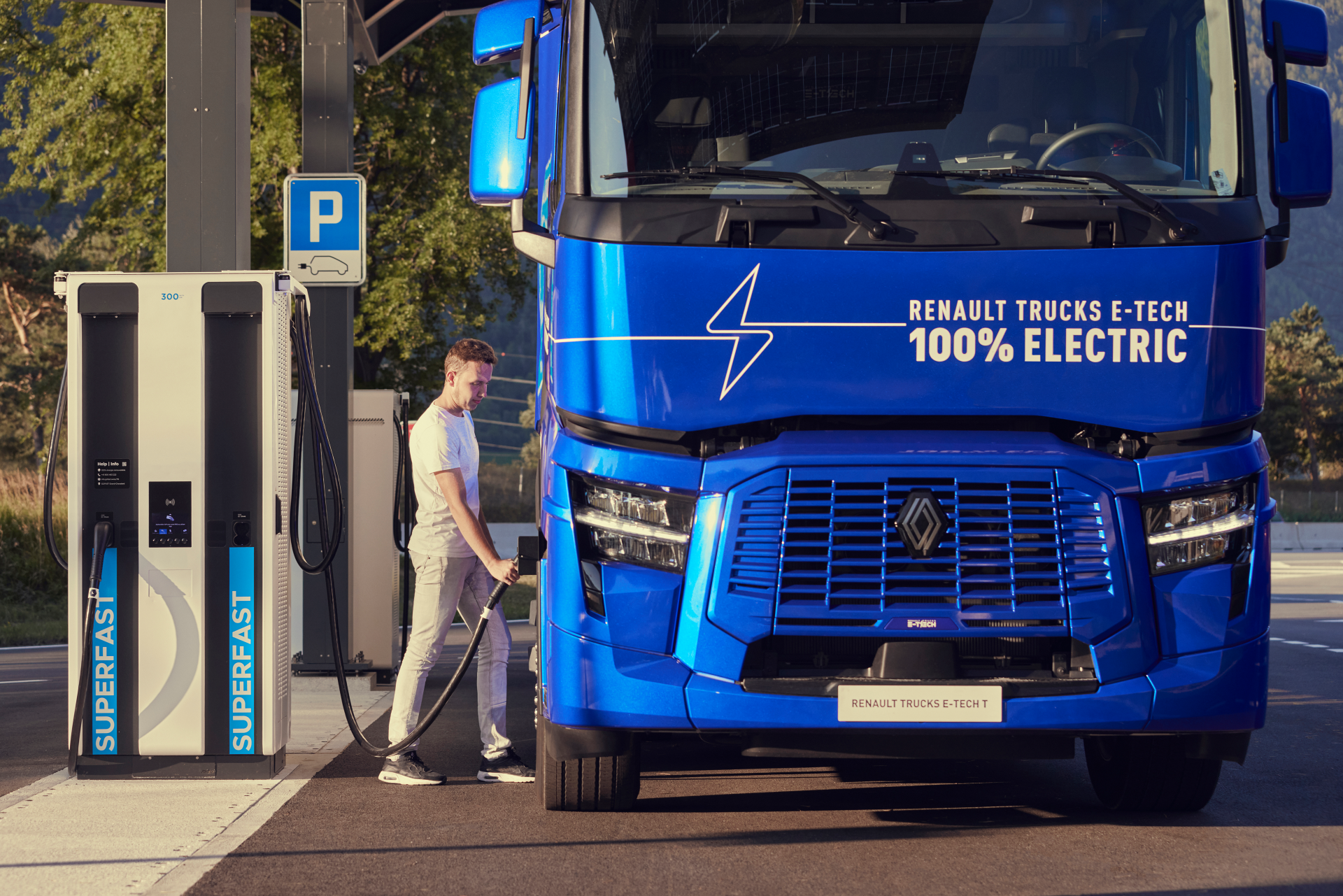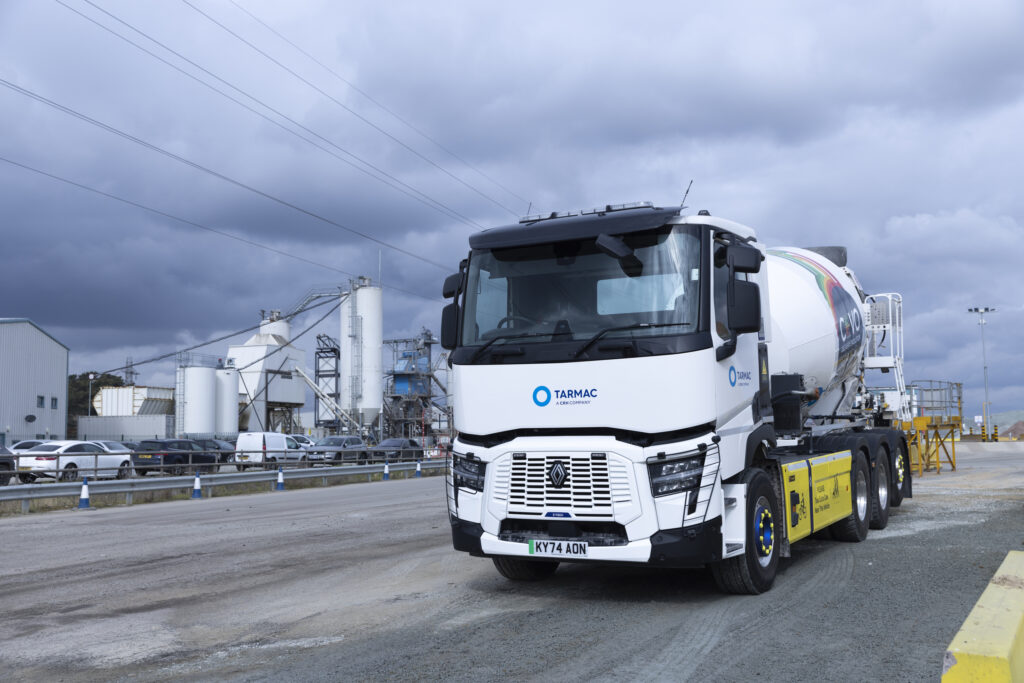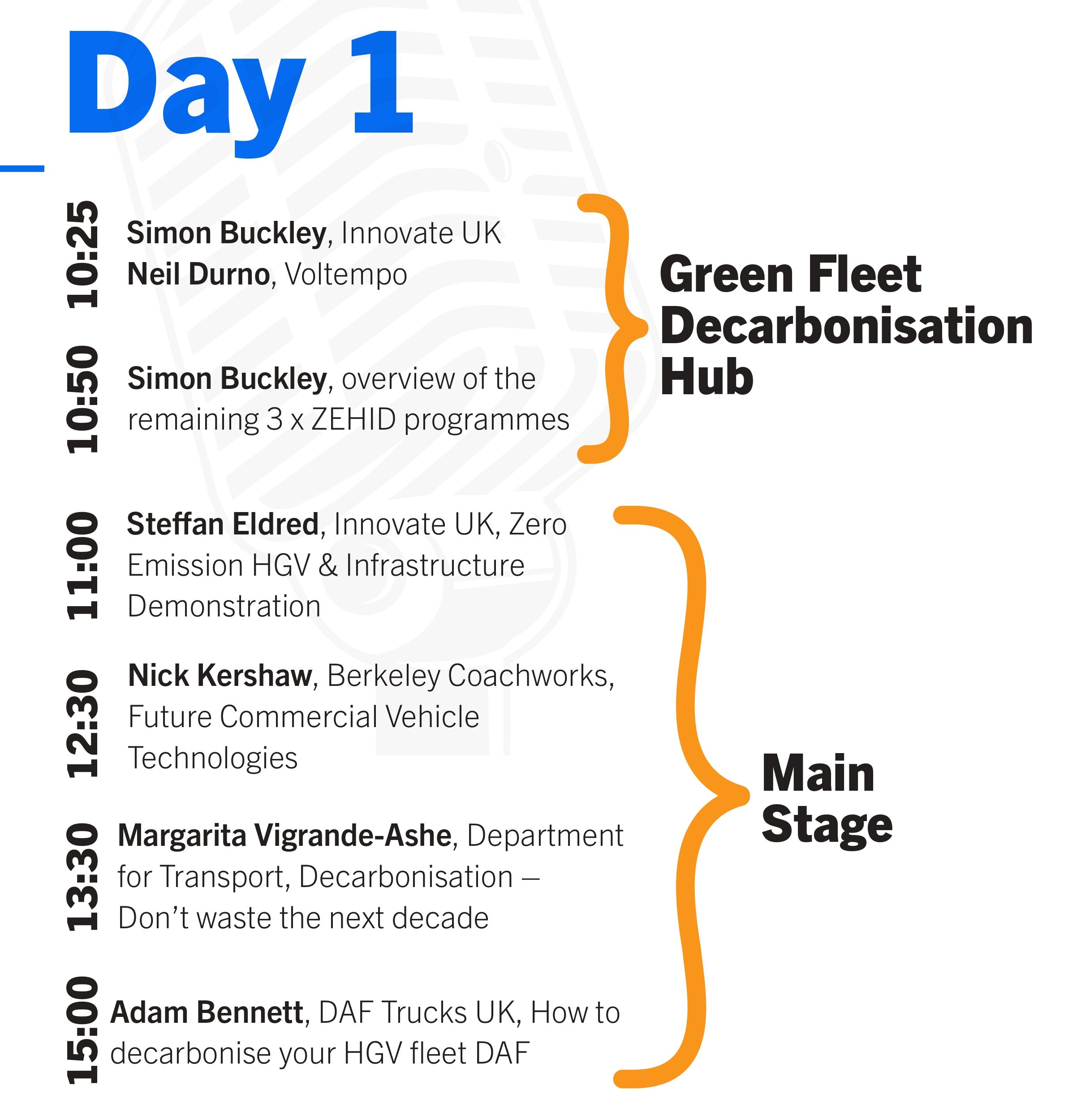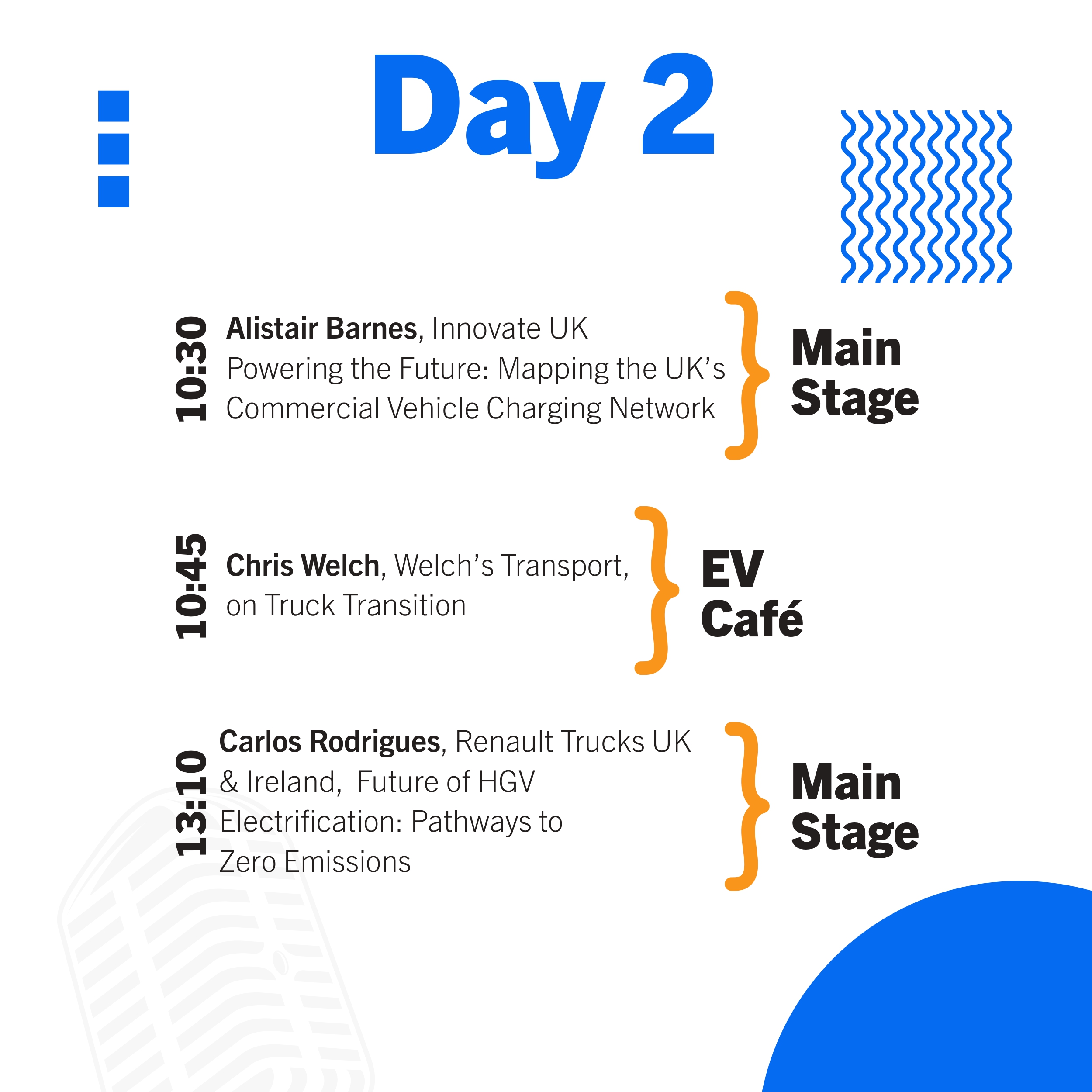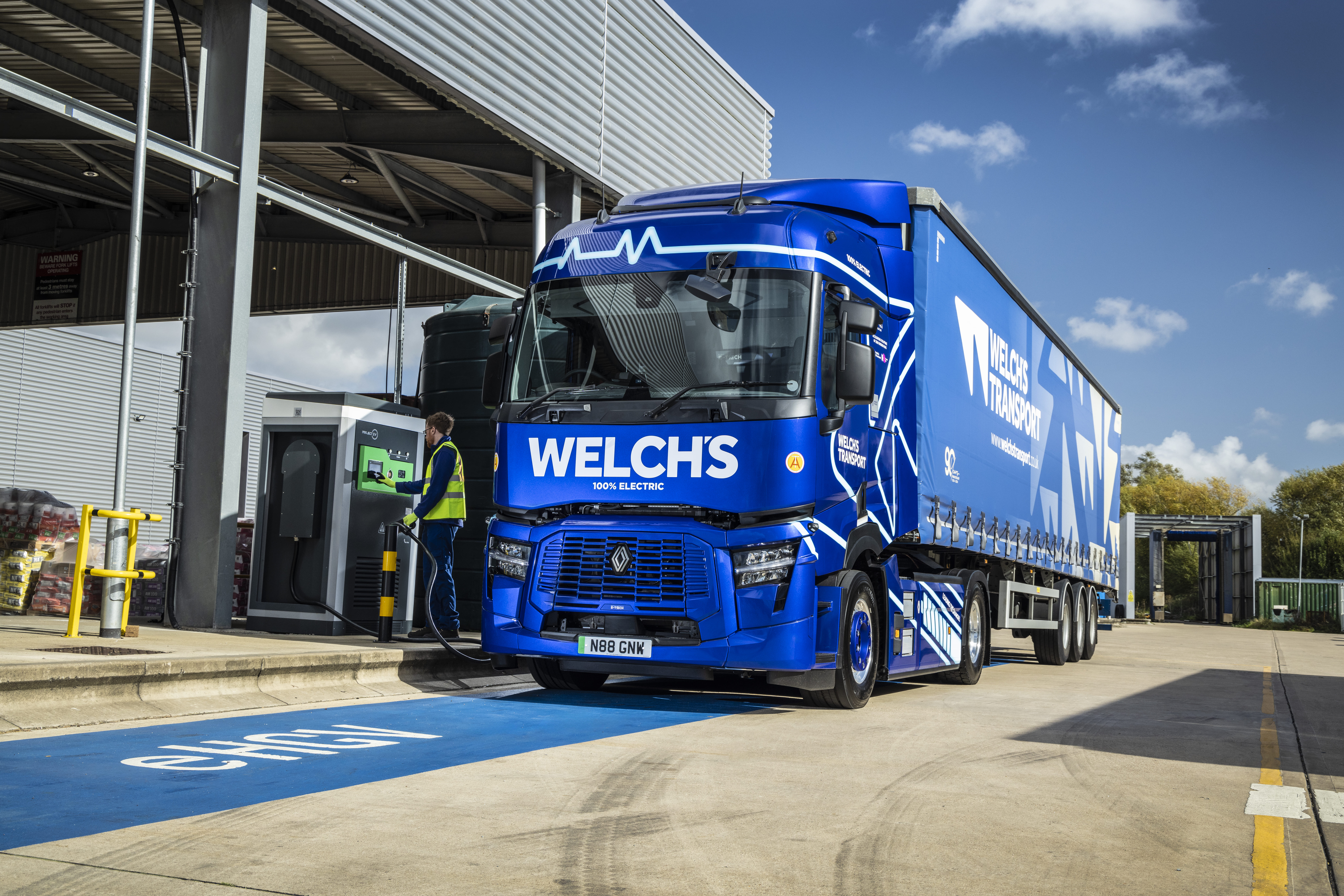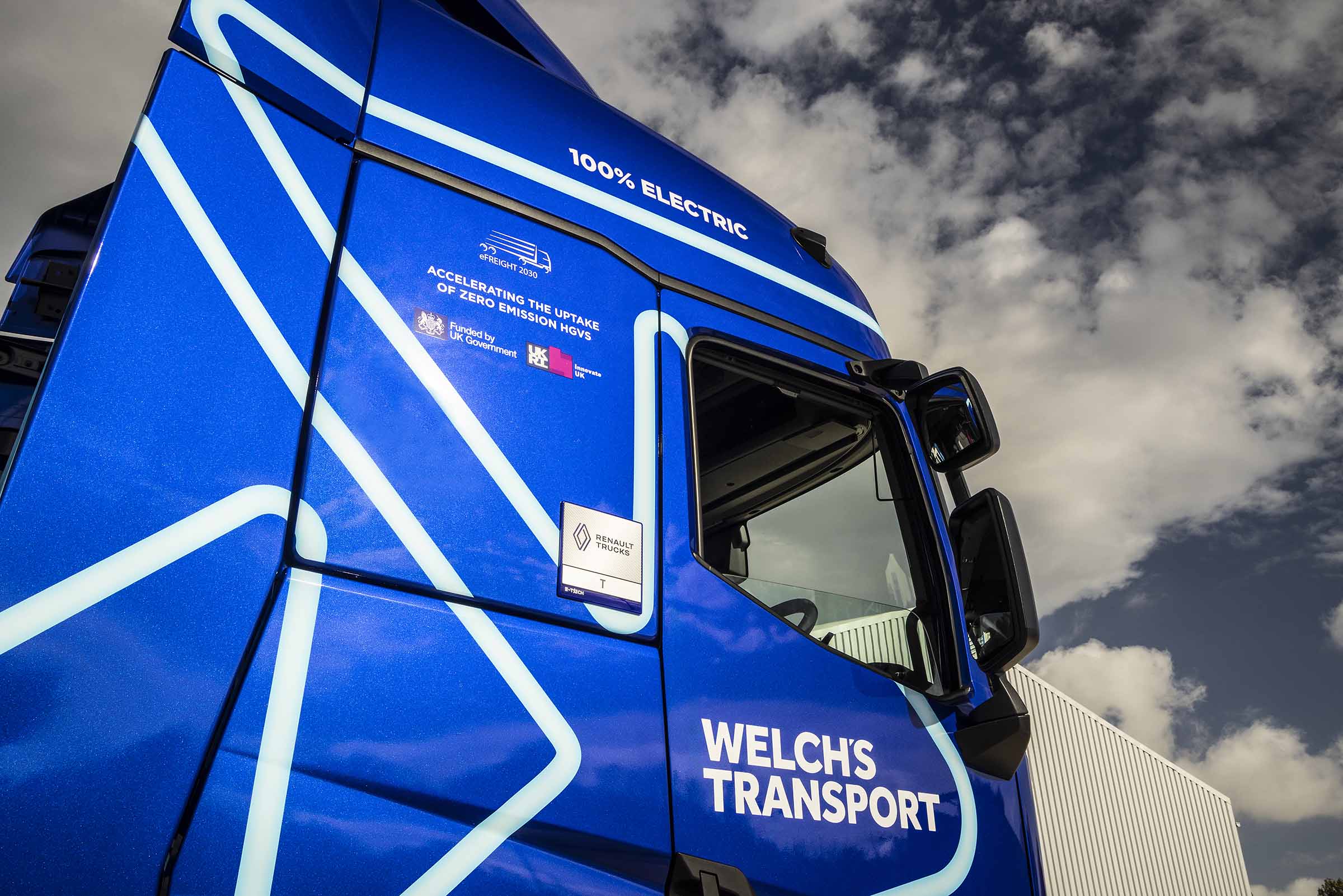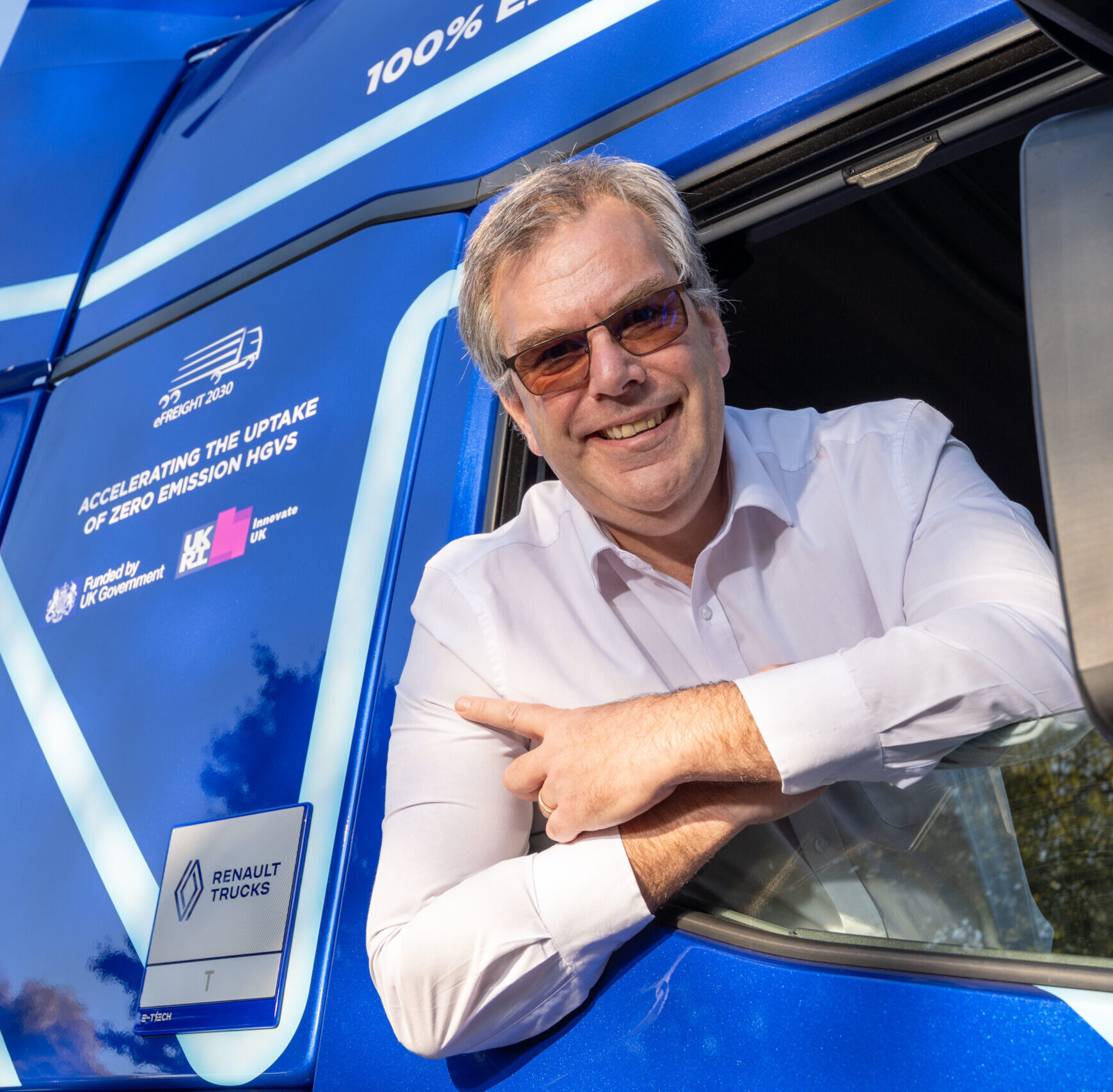Milestone: First electric heavy-goods vehicle travels through the Channel Tunnel with LeShuttle Freight
In a joint effort to advance low-carbon logistics, Kuehne+Nagel, LeShuttle Freight, Voltempo, and DAF Trucks have successfully sent the first electric heavy-goods vehicle (eHGV) through the Channel Tunnel.
The Channel Tunnel, managed and operated by Eurotunnel, is a vital European trade corridor. Through its LeShuttle Freight services, it carries a quarter of all goods traded in value between the UK and continental Europe, with over a million trucks crossing each year. As the leader in low-carbon transportation, Eurotunnel offers the only zero-direct-emission way to cross the Channel, with services powered entirely by electricity.
By demonstrating that eHGVs can use LeShuttle Freight, this partnership accelerates the industry’s shift to more sustainable logistics and proves that with Eurotunnel, sustainable cross-Channel transport is practical, efficient and ready to scale.
As members of eFREIGHT 2030, part of the UK Government’s Zero Emission HGV and Infrastructure Demonstrator programme (ZEHID), Kuehne+Nagel, DAF and Voltempo will share their learnings and insights from this groundbreaking trip to help accelerate the shift to low-emission transport. eFREIGHT 2030 is funded by the Department for Transport and delivered in partnership with Innovate UK.
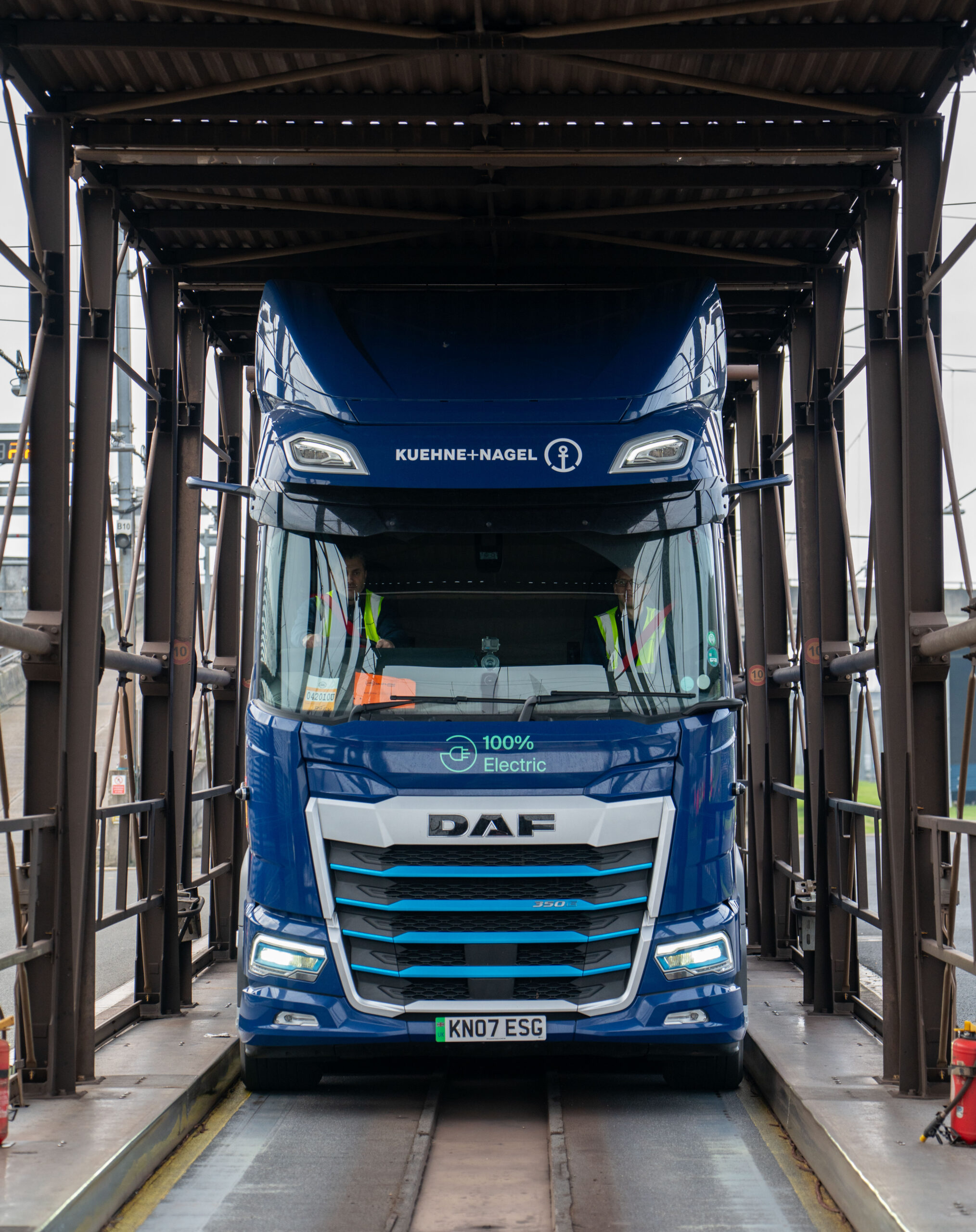
The journey: 1,700 km across five countries with a DAF New Generation XF
The journey began at Kuehne+Nagel’s East Midlands Gateway depot in the UK where the truck was loaded with 12-tonnes of freight before being fully charged using the depot’s Voltempo HyperCharger – the UK’s first megawatt-scale charging system. Formally opened on 15 January with Chris McDonald, Minister for Industry in the Department for Energy Security and Net Zero (DESNZ) and the Department for Business and Trade (DBT) in attendance, the Kuehne+Nagel six-bay hub is capable of delivering charge rates of up to one megawatt (MW), or to dynamically allocate the 1MW capacity across six trucks at once.
Along the 1,700 km round-trip route to Kuehne+Nagel’s depot in Haiger (Germany), the two-person crew topped up at public charging hubs operated by Gridserve (UK), and Milence in Dunkirk (France) and Maasmechelen (Belgium), showcasing the growing accessibility of fast-charging infrastructure for long-haul electric freight.
The vehicle used for this milestone was the DAF New Generation XF, recently awarded the prestigious International Truck of the Year 2026. This recognition highlights its advanced engineering, efficiency, and readiness for the future of decarbonised transport. The vehicle provides a real-world range of up to 500 km (310 miles) on a single charge and supports DC charging up to 325kW, enabling rapid top-ups to make long-haul daily journeys of up to 1,000 km a reality.
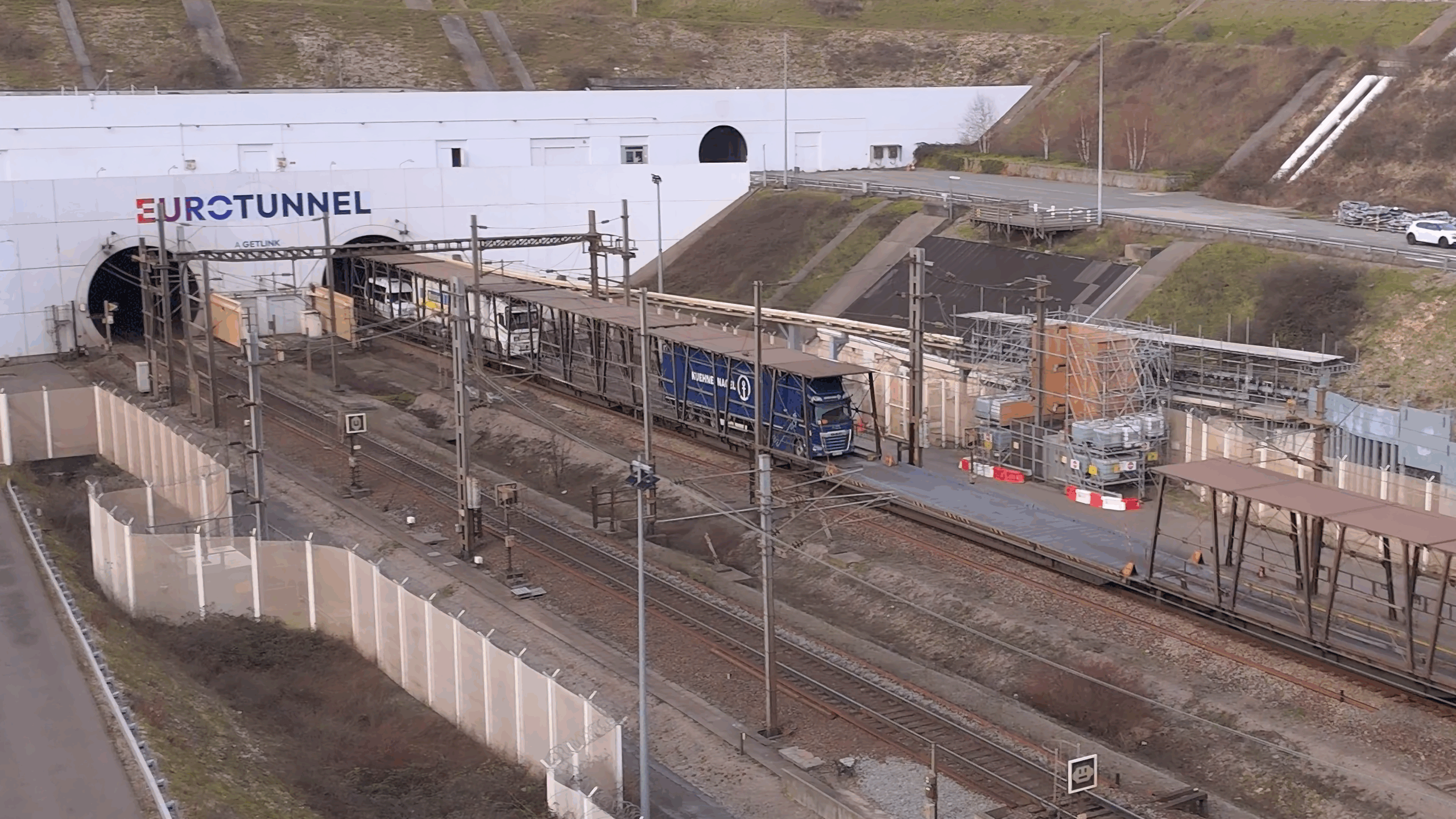
Aviation, Maritime and Decarbonisation Minister, Keir Mather said: “We’re backing British business by cutting up to £120,000 off the cost of new electric trucks and investing £120 million to rollout zero‑emission lorries and the charging infrastructure needed to support them, boosting growth, UK manufacturing, and supporting jobs.
“Our support has seen companies like Kuehne+Nagel get clean delivery trucks on the road and helped fund the launch of the first electric lorry across the Channel Tunnel, showcasing the massive trading and economic opportunities that can be delivered through green freight.”
Kate Broome, Sustainability and Social Impact Director at Kuehne+Nagel UK, said: “With this first‑ever electric HGV journey via the Channel Tunnel, we set out to show what’s possible – and to inspire others to accelerate their own electrification journeys. Planning a multi‑country long‑haul route still requires extra work to optimise our schedule for charging stops, but the rapid expansion of charging infrastructure across the UK and Europe is transforming what’s achievable. Today we’ve demonstrated that this effort truly pays off – and this electric‑corridor milestone shows just how quickly the future of sustainable transport is taking shape.”
Peter Roberts, LeShuttle Freight Commercial Strategy Director, said “This milestone marks a major step forward towards greener supply chains and shows what’s possible when industry and government collaborate. Working with Kuehne+Nagel and DAF Trucks we are proving that electric heavy-goods vehicles can operate a zero-direct-emission freight corridor between the UK and mainland Europe, thanks to the Channel Tunnel. It’s a significant move towards decarbonising freight transport and we’re proud to be rolling out this capability to all eHGVs later this year.”
Simon Smith, CEO, Voltempo, said: “This is what eFREIGHT 2030 was designed to enable, proving that electric HGVs can operate reliably in real-world conditions, including challenging cross-border routes. Government support through ZEHID has helped kick-start the eHGV market; now industry must make electrification commercially viable at scale. Voltempo is fully focused on lowering total cost of ownership through high-power charging and smarter energy solutions. Electric freight isn’t a future ambition, it’s happening now.”
David Kiss, Managing Director of DAF Trucks, said: “This exciting milestone demonstrates that DAF electric trucks can reliably operate on international, multi-country routes, including the Channel crossing. The DAF XF Electric enables daily distances of up to 1,000 km in real-world operation when utilising rapid charging. Running with a tri-axle trailer at up to 42 tonnes GCW, it delivers genuine heavy-duty capability for mainstream logistics applications. This cross-Channel operation proves how electric freight can be scaled on one of Europe’s busiest trade corridors, supporting both UK and EU net-zero ambitions while evidencing that sustainable international transport is practical, efficient, and commercially viable today.”
Ben Fletcher, Logistics UK Chief Executive said: “By running an electric HGV from the key logistics hub at East Midlands Gateway, through the Channel Tunnel and on into continental Europe, this group has demonstrated that range anxiety will soon be a thing of the past for eHGVs. The Short Straits crossing is a critical route for the UK economy and this landmark journey, of 1700 km across five countries, shows how eHGVs can be deployed on the UK’s key supply routes without sacrificing service levels or operational viability.”




